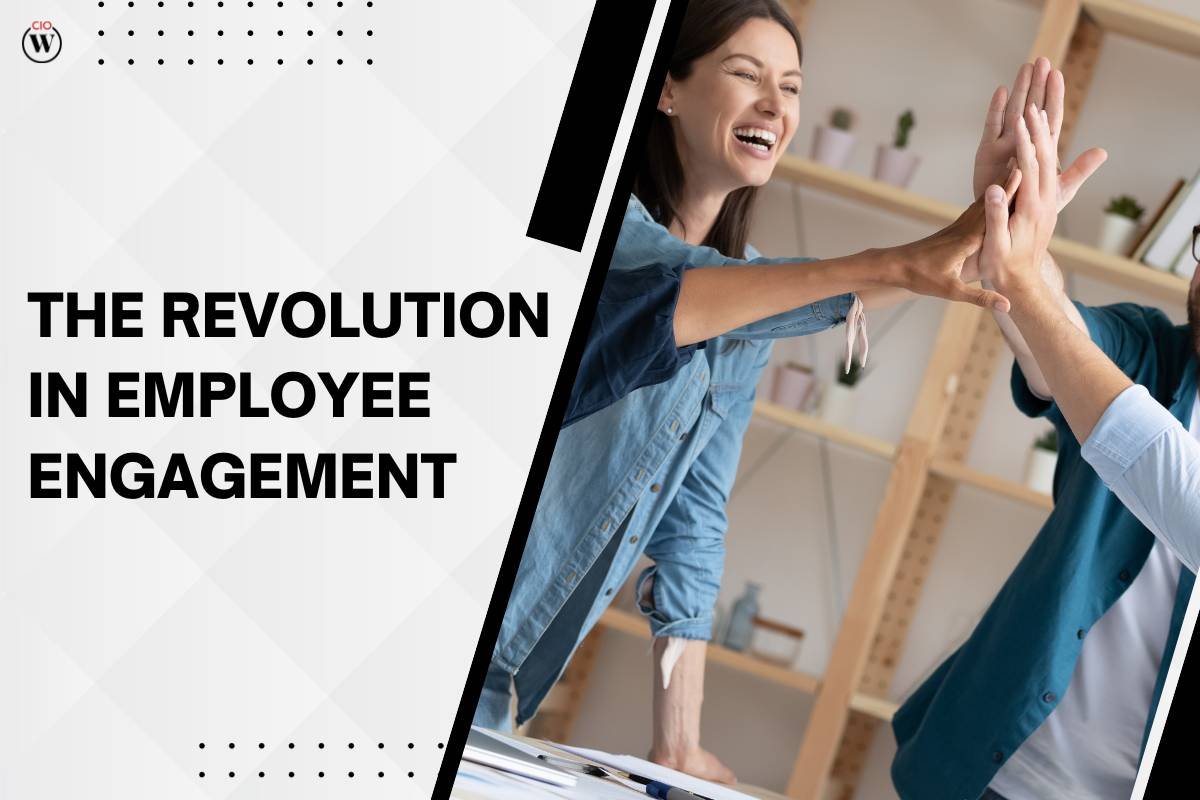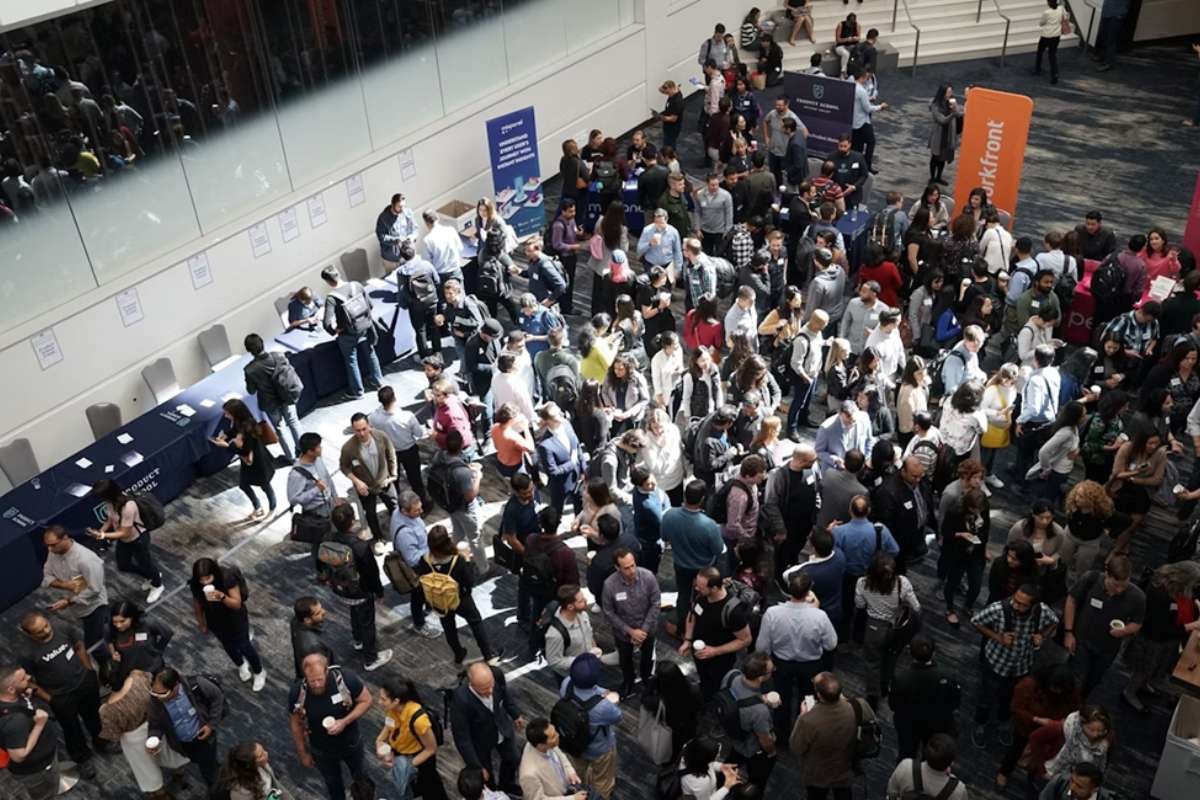The concept of employee engagement has experienced significant evolution over time. Initially a mere buzzword, it became a crucial element of the corporate ecosystem. The understanding of the evolution of employee engagement emerged from a need to comprehend the ramifications of employee behavior when job satisfaction and company commitment ceased to fulfill desires.
The evolution of employee engagement began with the need to extract meaning and consequence from employee behavior when job satisfaction and organizational commitment were failing to meet critical scrutiny. This first began in 1990 with William A. Kahn in his article “Psychological Conditions of Personal Engagement and Disengagement at Work”
Here are the trends and strategies for the evolution of employee engagement:
1. Transition in Workplace Dynamics
Traditional workplaces have witnessed considerable changes. The influx of millennials, technological advancements, and consistent challenges from global competition have compelled companies to revise their existing strategies. The once-prevailing carrot-and-stick approach for instilling workplace motivation has now evolved into addressing employees’ essential needs—needs for fulfilling work, job satisfaction, and pride in their organizations.
Employee satisfaction extends beyond the common ‘happy employee’ notion. It scrutinizes factors like personal fulfillment, growth opportunities, work-life balance, and company culture. The dynamic shift has rendered staff retention literally dependent on the success with which a company addresses these intrinsic aspects.
2. Coupling Wellness Programs with Employee Engagement

Over time, companies have acknowledged the significant link between employee wellness and engagement. A happy employee is a content employee. Statistics reveal that 89% of employees are engaged and happy working for companies with wellness programs. Wellness programs now form an integral part of company culture, targeting not just physical health, but mental and emotional well-being as well.
3. Contemporary Tactics for Cultivating a Dedicated Workforce
The era when mere employee benefits were enough is long gone. The contemporary employee seeks more than benefits, concentrating on the Employee Experience—their journey and interaction with the organization. A positive employee experience contributes to increased employee productivity— a deeply engaged employee delivers their best in every task assigned.
Constructing a durable company culture is now a universal priority. Modern leaders are more inclined towards Transformational Leadership—a managerial style that inspires workers, incites creativity and innovation by challenging conventional norms, and prompts employees towards critical thinking.
Concurrently, there’s an escalating preference for Servant Leadership, a managerial style that prioritizes employees’ needs to aid them in performing and developing optimally.
4. Engaged Employees’ Impact on Organizational Accomplishment

A successful organization’s key component is a committed and engaged worker. There are extensive benefits such as enhanced productivity, improved staff retention, enriched company culture, and a significant profit margin. It is a given that investing in employee engagement equates to investing in the company’s prosperity.
Embracing the best employee engagement platform and software is an additional way organizations can augment their engagement. These platforms aim to amplify engagement through features including recognition, rewards, wellness challenges, communication tools, custom awards, employee surveys, 360 feedback, and analytics.
5. Upcoming Novelty in Employee Engagement Techniques
The acceleration of work-from-home norms has altered communication challenges considerably. Future employee engagement strategies will include trends from the Top 12 Business Communication Trends for 2023, such as video conferencing, cloud-based apps, chat services, etc.
6. Prospective Outlook on Engaging the Modern Employee

The future of employee engagement holds promise. With emerging techniques incorporated into company culture, employee satisfaction and engagement possibilities are limitless. As organizations increasingly acknowledge employees as their most valuable asset, the focus on nurturing and expanding this resource will grow in the future. In conclusion, the evolution of employee engagement is a perpetual journey that evolves with the transforming workforce dynamics.








